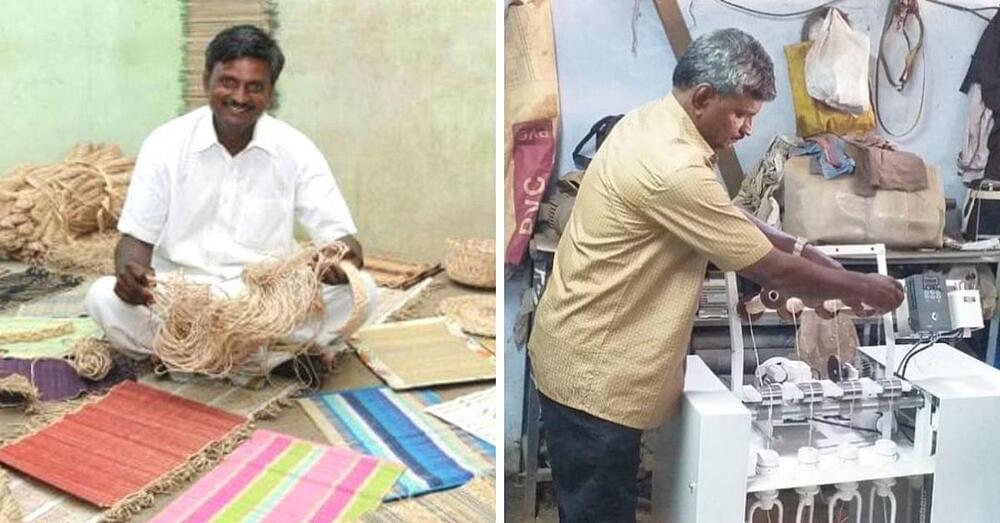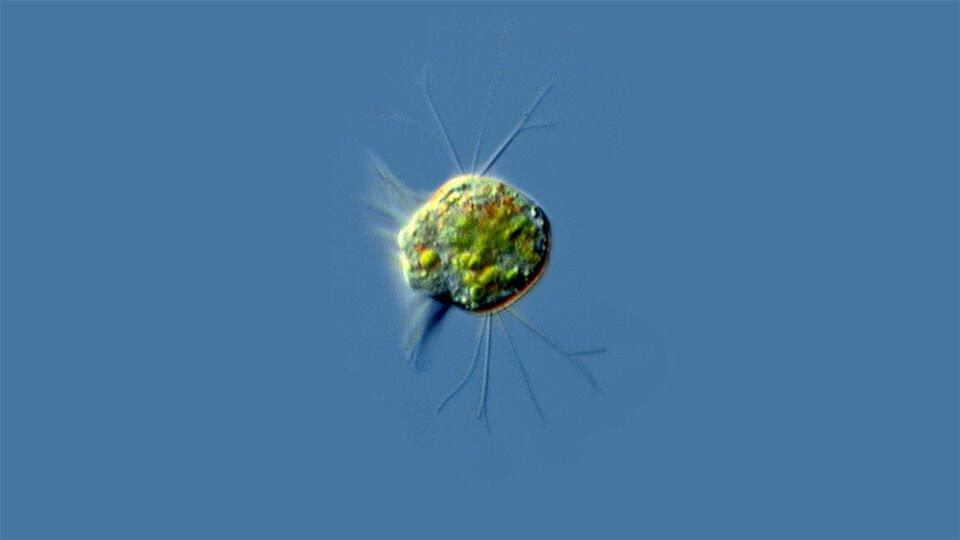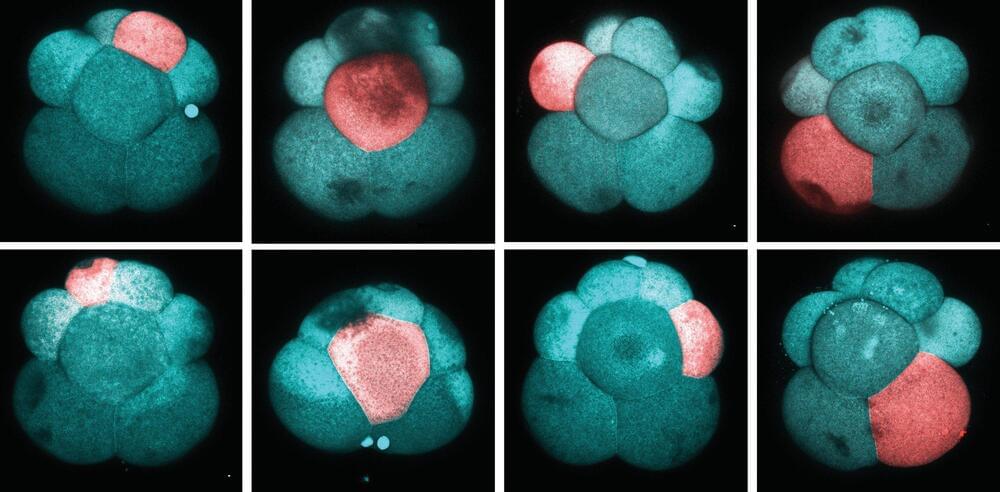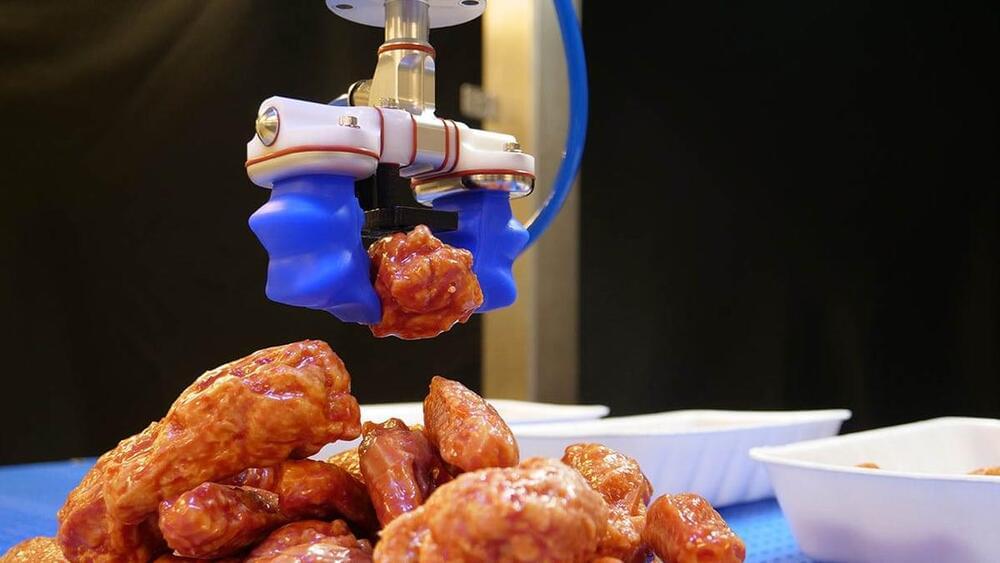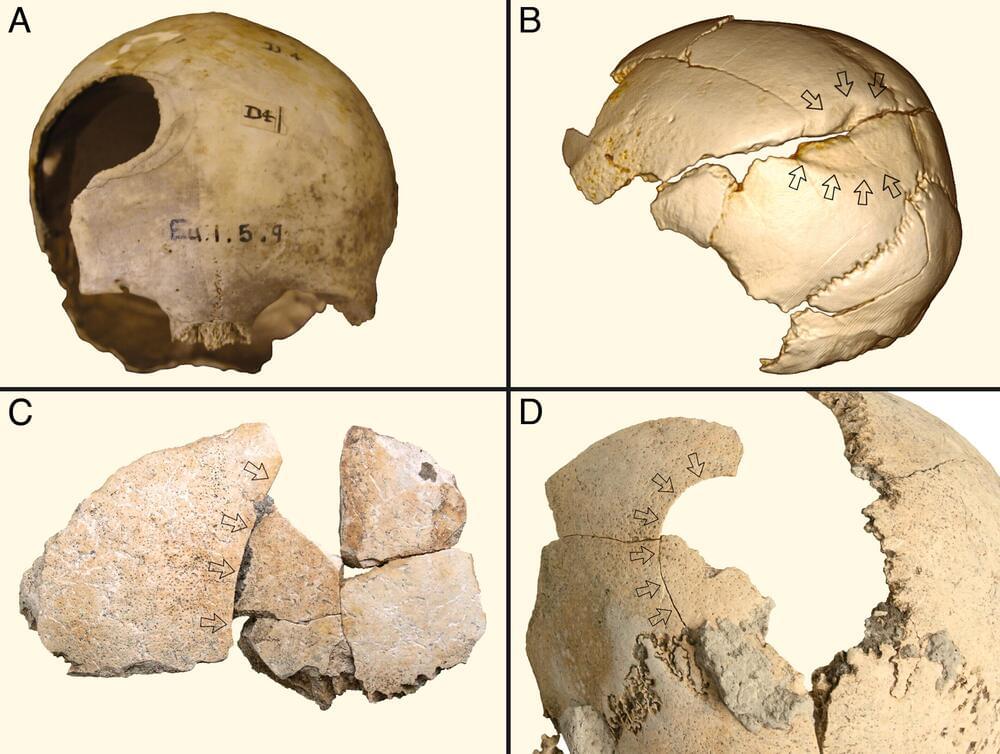It is powerful enough to maneuver over obstacles.
The University of Illinois researchers’ newly developed insect-sized jumping robots will do tasks in small and tight places. The creation of jumping robots is also a significant advance in mechanical, agricultural, and search-and-rescue environments, according to the university.
Led by Prof. Sameh Tawfick, a new study demonstrates a succession of click-beetle-sized robots that are quick enough to match an insect’s speedy escape time, powerful enough to maneuver over obstacles, and small enough to slip into confined spaces.
